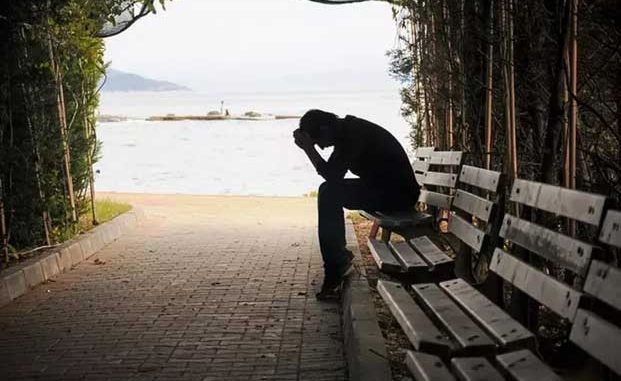
Depression, a mental illness caused by deep sadness, low mood and low self-esteem, grew by 41 percent in Brazil during the Covid-19 pandemic, according to a survey quoted today by the G1 portal.
Data from the Vigitel 2021 investigation (carried out by the Ministry of Health) reveals that 11.3 percent of those interviewed claimed to have received a medical diagnosis for this ailment.
Among men, the percentage was 7.3 percent; in women it was double (14.7).
Released in April, the study was baptized as Covitel (Telephone Investigation of Risk Factors for Chronic Noncommunicable Diseases in Pandemic Times) and its methodology was based on telephone calls to nine thousand people.
The intention was to portray the magnitude of the impact of the main risk factors for chronic non-communicable diseases (NCDs) in the adult population.
For this reason, among other points, the research also pointed to the growth in the use of electronic cigarettes and the increase in sedentary lifestyle, and showed that young people and adults up to the age of 40 were among those most affected by the rise in depression analysis .
G1 indicated that, as happened with many Brazilians, the impact on the pocket was one of the great dilemmas of the pandemic period for the renowned comedian Diego Cardoso, 36, who saw “the bottom of the well” during the health calamity and received the diagnosis.
“I think that financial deprivation was the main point, because that’s where all the rest comes from. The difficulty of raising the money brought me negative things,” vents the joker who had his show schedule completely canceled in 2020.
Facing all these difficulties in secret, he isolated himself even more than the tax, withdrawing even from virtual contact with his friends. His experience made him recognize there is no possibility of getting out of depression alone, either before or after the prescription.
During an interview with G1, Humberto Corrêa, full professor at the Faculty of Medicine of the Federal University of Minas Gerais, stated that there is a message that must be clear to society when the topic is depression: the importance of support.
“Depression is an illness. The patient has no control over this, they need help. Many times, during the depressive process, the person has neither the courage nor the energy to seek help -they will need someone to take their hand and take it to help-, to the professional, to the health center,” he warned.
According to the World Health Organization, around 300 million people worldwide suffer from depression, classified as a “neglected global health crisis.”
Prensa Latina

Be the first to comment